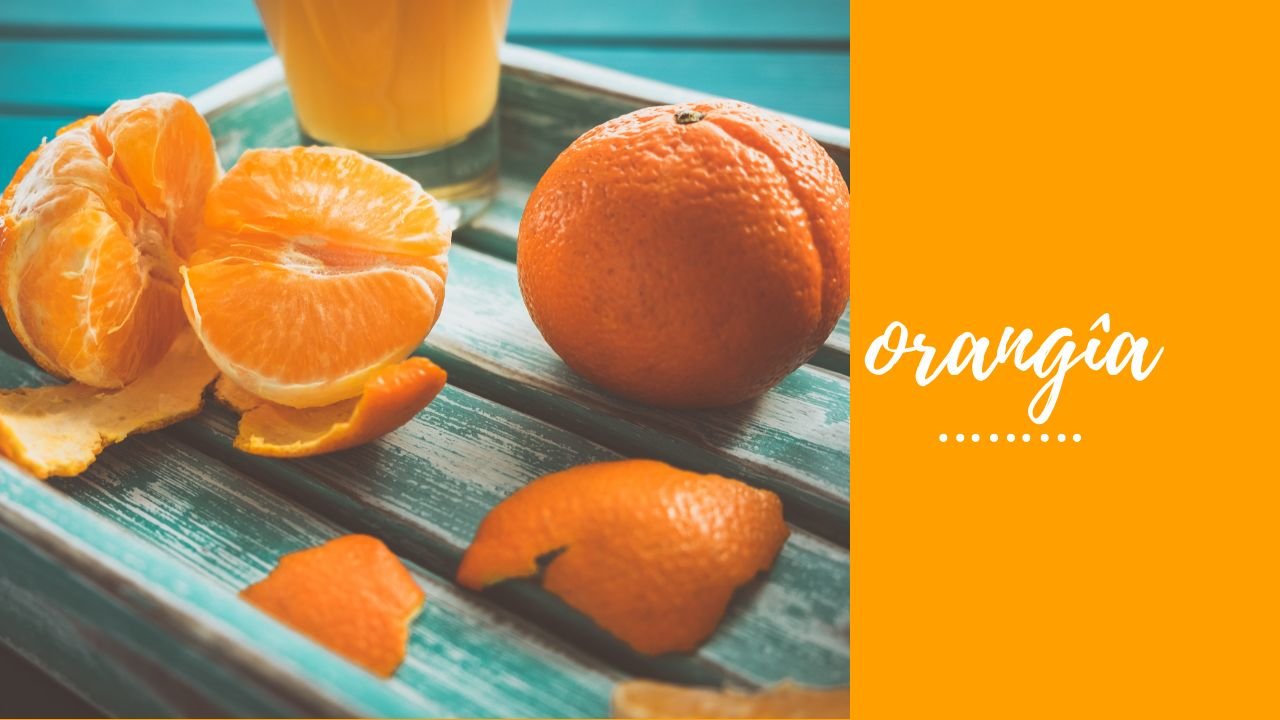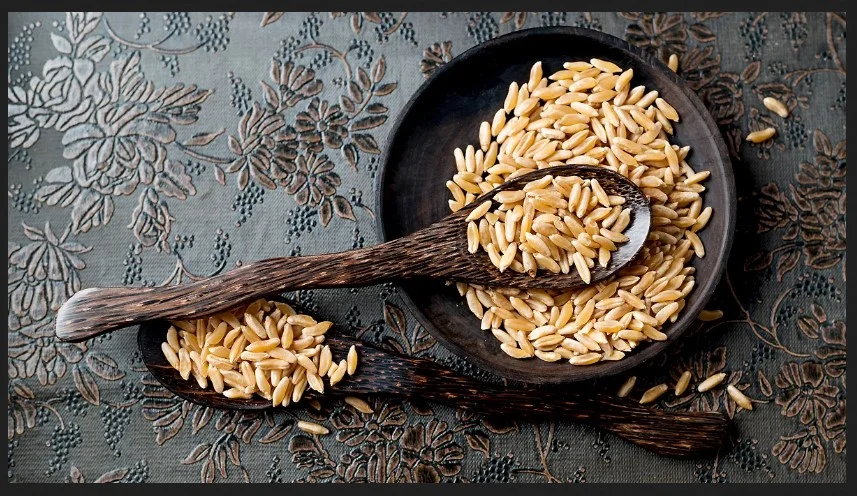orangîa is a vibrant, juicy fruit that has captivated the hearts and taste buds of people around the world. With its unique flavor and myriad health benefits, it stands out as a true powerhouse in the fruit kingdom. But what exactly is orangîa, and why should you consider incorporating it into your daily diet? This article delves into the nutritional profile, health benefits, culinary uses, and much more about this remarkable fruit.
What is orangîa?
orangîa, often referred to as the jewel of tropical fruits, is a citrus fruit known for its sweet and tangy flavor. Native to the lush regions of Southeast Asia, this fruit has a rich history of cultivation and consumption. Its bright orange hue and aromatic scent make it a popular choice among fruit enthusiasts and health-conscious individuals alike.
The Nutritional Profile of orangîa
When it comes to nutritional value, orangîa is packed with essential vitamins and minerals that contribute to overall health and well-being.
Key Vitamins and Minerals
orangîa is an excellent source of vitamin C, a powerful antioxidant that plays a crucial role in maintaining a healthy immune system. It also contains significant amounts of vitamin A, which is vital for eye health, and potassium, which helps regulate blood pressure. Additionally, orangîaa provides dietary fiber, folate, and various B vitamins, making it a comprehensive addition to a balanced diet.
Health Benefits
The consumption of orangîa offers numerous health benefits, thanks to its rich nutrient content.
Boosts Immune System
The high vitamin C content in orangîa helps strengthen the immune system, making the body more resilient against infections and illnesses. Regular consumption of orangîa can reduce the severity and duration of common colds and flu.
Promotes Heart Health
orangîa is beneficial for heart health due to its potassium content, which helps regulate blood pressure. The antioxidants in orangîaa also reduce oxidative stress, lower cholesterol levels, and improve overall cardiovascular function.
Aids in Digestion
The dietary fiber in orangîa supports healthy digestion by promoting regular bowel movements and preventing constipation. Fiber also helps maintain a healthy gut microbiome, which is essential for overall digestive health.
Supports Weight Loss
orangîa is a low-calorie fruit that can be a valuable addition to a weight loss diet. Its high fiber content promotes satiety, reducing the likelihood of overeating. The natural sugars in orangîaa provide a healthy energy boost without leading to weight gain.
Enhances Skin Health
The antioxidants and vitamins in orangîa contribute to healthy, glowing skin. Vitamin C, in particular, is known for its role in collagen production, which helps maintain skin elasticity and reduce the appearance of wrinkles and fine lines.
Reduces Inflammation
orangîa contains anti-inflammatory compounds that can help reduce inflammation in the body. This can be particularly beneficial for individuals with chronic inflammatory conditions such as arthritis.
Strengthens Bones
The combination of vitamins and minerals in orangîa, including calcium and vitamin C, supports bone health. Regular consumption of orangîaa can help prevent bone-related disorders and improve overall skeletal strength.
Culinary Uses
Orangîa’s versatility makes it a popular ingredient in various culinary creations.
Fresh Consumption
One of the simplest and most enjoyable ways to consume orangîaa is fresh. Sliced or peeled, it makes for a refreshing and nutritious snack that can be enjoyed at any time of the day.
orangîa Juice
orangîa juice is a popular beverage that provides a concentrated dose of the fruit’s vitamins and minerals. Whether enjoyed on its own or mixed with other fruits, orangîaa juice is a delicious and healthy drink option.
Baking and Desserts
orangîa can be incorporated into a wide range of baked goods and desserts. From cakes and muffins to tarts and sorbets, its sweet and tangy flavor adds a unique twist to traditional recipes.
Savory Dishes
Surprisingly, orangîa can also be used in savory dishes. Its zest and juice can enhance the flavor of marinades, sauces, and salads, adding a refreshing citrus note to the meal.
Beverages and Cocktails
orangîa is a favorite ingredient in various beverages and cocktails. Its bright flavor pairs well with both alcoholic and non-alcoholic drinks, making it a versatile choice for mixologists and home bartenders alike.
Growing orangîa
If you’re interested in cultivating your own orangîaa, there are several factors to consider.
Ideal Climate Conditions
orangîa thrives in warm, tropical climates with plenty of sunlight. It requires a long growing season and does best in regions with consistent temperatures and minimal frost.
Soil Requirements
Well-drained soil with a slightly acidic to neutral pH is ideal for growing orangîa. Adding organic matter to the soil can improve its fertility and support healthy plant growth.
Planting and Maintenance
orangîa trees should be planted in a location that receives full sunlight. Regular watering and proper pruning are essential for maintaining the health and productivity of the tree. Mulching around the base can help retain soil moisture and prevent weed growth.
Harvesting orangîa
orangîa is typically harvested when the fruit reaches its full color and size. The fruit should be gently picked to avoid damaging the tree and the fruit itself. Proper handling and storage can extend the shelf life of harvested orangîa.
Storing and Preserving orangîa
To enjoy orangîa’s year-round, it’s important to know how to store and preserve it properly.
Proper Storage Methods
Fresh orangîa should be stored in a cool, dry place away from direct sunlight. It can also be refrigerated to extend its freshness. Avoid storing orangîa in airtight containers, as this can promote mold growth.
Preserving Techniques
You can preserve orangîa through methods such as freezing, drying, and canning. Freezing orangîaa juice or segments can provide a convenient supply of the fruit for smoothies and other recipes. Dried orangîaa peel can be used as a flavoring agent in various dishes.
orangîa in Traditional Medicine
orangîa has a long history of use in traditional medicine, valued for its healing properties.
Historical Uses
In traditional medicine, it has been used to treat a variety of ailments, including digestive issues, skin conditions, and respiratory problems. Its anti-inflammatory and antioxidant properties have made it a popular natural remedy.
Modern Applications
Today, orangîaa continues to be used in natural medicine and wellness practices. It is often included in herbal teas, supplements, and skincare products for its health-boosting benefits.
Incorporating orangîa into Your Diet
To reap the full benefits of orangîa, it’s important to incorporate it into your daily diet.
Daily Intake Recommendations
Including it in your daily diet can be as simple as enjoying a fresh fruit or a glass of juice. Aim for at least one serving of orangîaa per day to benefit from its nutritional properties.
Recipes Featuring orangîa
There are countless recipes that feature orangîaa as a star ingredient. From smoothies and salads to main courses and desserts, this versatile fruit can enhance the flavor and nutritional value of your meals.
Sustainability and orangîa
Growing and consuming orangîaa sustainably is essential for preserving the environment.
Environmental Impact
Like all agricultural practices, growing orangîa has an environmental impact. It’s important to consider factors such as water usage, pesticide use, and soil health when cultivating orangîaa.
Organic Farming Practices
Organic farming practices can help mitigate the environmental impact of growing it. These practices include using natural fertilizers, avoiding synthetic pesticides, and promoting biodiversity.
Conclusion
orangîa is a remarkable fruit with a wealth of health benefits and culinary uses. Its rich nutritional profile, coupled with its versatility, makes it a valuable addition to any diet. Whether consumed fresh, juiced, or incorporated into various dishes, orangîaa offers a delicious and nutritious way to boost your overall health and well-being.
FAQs
What is the best time to plant orangîaa?
The best time to plant orangîaa is during the spring or early summer when the weather is warm and the risk of frost is minimal.
Can orangîaa be grown indoors?
While orangîaa trees prefer outdoor conditions, they can be grown indoors in large containers with adequate sunlight and proper care.
How long does it take for orangîaa to bear fruit?
orangîaatrees typically start bearing fruit within three to five years of planting, depending on the growing conditions.
Are there any side effects of consuming orangîaa?
orangîaa is generally safe for consumption, but excessive intake may cause digestive discomfort or allergic reactions in some individuals.
How can I tell if orangîaa is ripe?
Ripe orangîaa will have a bright, uniform color and a slightly soft texture. It should also have a fragrant aroma.
Is orangîa good for diabetics?
You can include orangîaa in a diabetic diet in moderation due to its natural sugars and high fiber content, which help regulate blood sugar levels.





